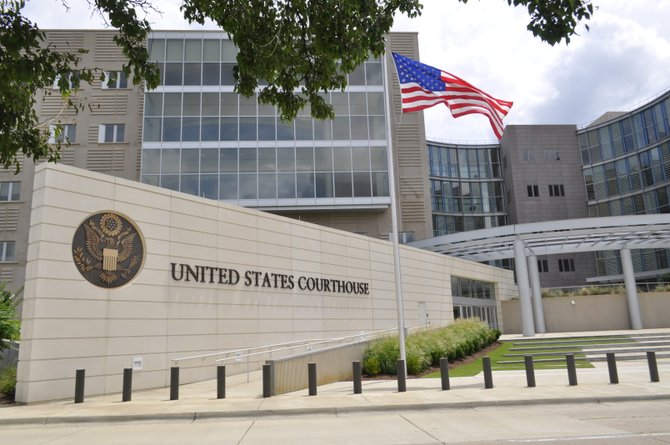We have been keeping you updated on a recent ongoing legal battle between the United States and the State of Mississippi in the state’s longstanding mental health lawsuit. Last November, the United States’ attorneys proposed to meet with the community mental health centers (CMHCs) to discuss the implementation of the services required by the lawsuit. The State’s attorneys objected to these meetings unless they were present, saying that meeting without them was “ex parte communication” (opposing attorneys in a lawsuit meeting with a party without their attorneys). The State’s attorneys cited a previous ruling in this case to support their points.
The United States filed its rebuttal to the State’s objections on March 16. In the rebuttal, the United States Attorneys argue that they should be allowed to meet with the CMHCs without the State’s attorneys present for two reasons:
- The Court’s Prior Order Does Not Address Communications with CMHCs: The attorneys argue, “The Court’s prior order….concluded that the Mississippi Attorney General represented the State’s current employees…… These prohibitions have no bearing on communications with the CMHCs or their staff. CMHC staff are not employees of the State or represented by the State. Indeed, throughout this litigation—including in its response—the State has never claimed that CMHC staff are employees of the State or that they are represented by counsel for the State.”
- The Existence of a Provider Network Does Not Change What Party Is Liable for Implementing the Remedy or the Scope of Rule 4.2 ( the rule about ex parte communication): The attorneys state, “This Court found the State liable for violations of the Americans with Disabilities Act based on its own failure to administer a mental health system that serves people with serious mental illness in the most integrated setting appropriate. Throughout its response, the State claims that its liability was based on the ‘acts and omissions’ of the CMHCs … this misstates the Court’s Opinion and Order … the State was not held liable for the acts or omissions of the CMHCs, it was held liable for its own actions and omissions in its development and oversight of Mississippi’s mental health system.”
The attorneys say, “Courts have declined to read the comments of Rule 4.2 as stretching its protective power beyond the scope of an organization’s employees … because it is clear from the text of the Rule that its scope is limited to a represented person or organization, there have apparently been few if any parties who have asserted that the imputation and admissions prongs of the comment to Rule 4.2 apply to non-employees. Decisions interpreting the imputation and admissions prongs instead focus on determining which employees of a represented organization are covered.”
Judge Reeves will now rule on whether the United States attorneys can meet with the CMHCs without the State’s attorneys. The State attorneys concluded their arguments with this statement: “Accordingly, even if the Court permits Plaintiff to have ex parte communications with the CMHCs, and the CMHCs notify the State of any meetings or calls with Plaintiff, then the State intends to participate, unless the Court affirmatively prohibits the State from doing so.” So it is possible Judge Reeves will rule on this plan as well.
Contact information for the parties in the United States v. Mississippi case:
State of Mississippi:
Douglas T. Miracle-State Government
MISSISSIPPI ATTORNEY GENERAL’S OFFICE
601.359.5654
Fax: 601.359.2003
Email: doug.miracle@ago.ms.gov
James W Shelson
PHELPS DUNBAR, LLP – Jackson
601.360.9724
Fax: 601.360.9777
Email: jim.shelson@phelps.com
United States:
Vivian Bonilla López
Trial Attorney Special Litigation Section
Civil Rights Division U.S. Department of Justice
Telephone: (202) 598-5542
Email: Viviana.Bonilla-Lopez@usdoj.gov
Patrick Holkins
Trial Attorney Special Litigation Section
Civil Rights Division U.S. Department of Justice
202-598-3076
Email: Patrick.Holkins@usdoj.gov

